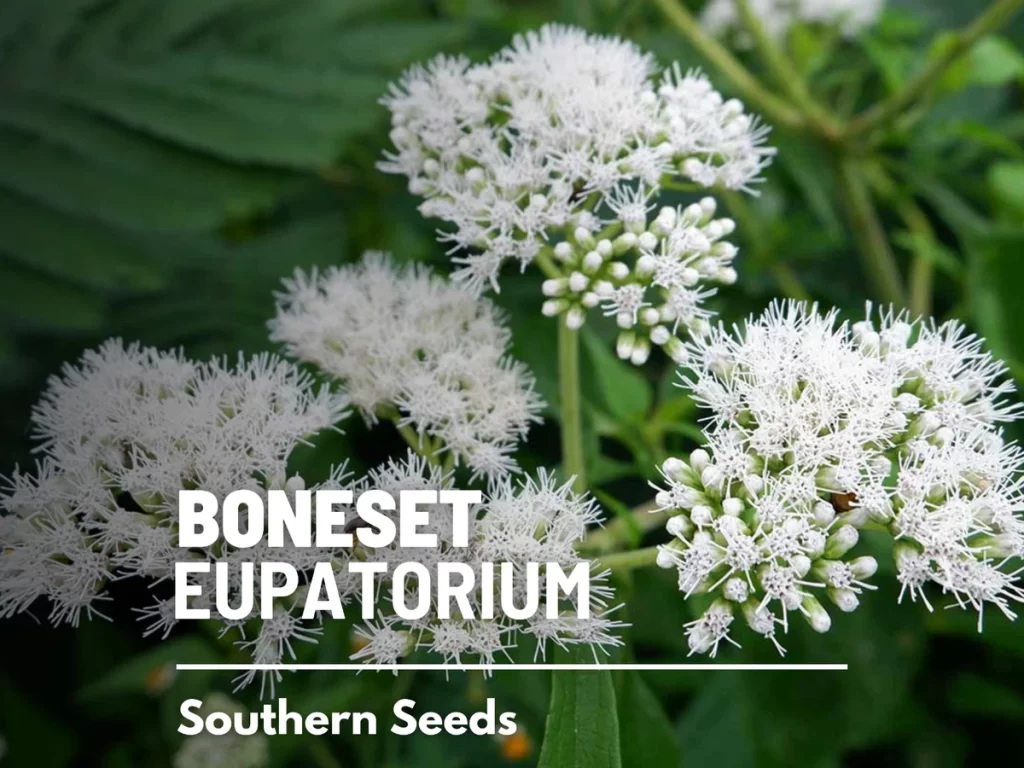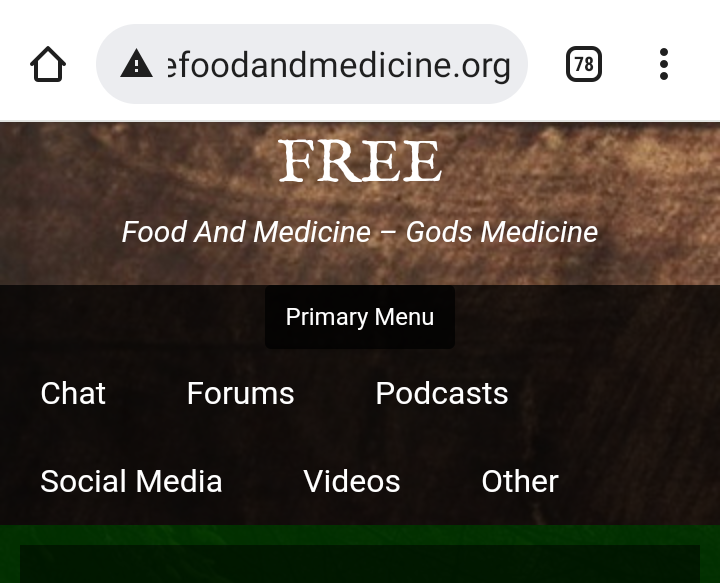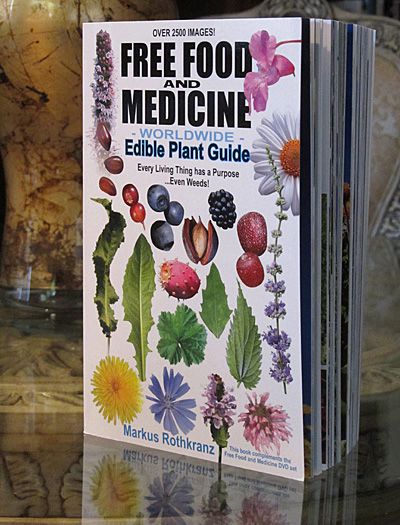In the past, we’ve detailed how essential oils are great for oral health. But there are also a whole range of herbs that contribute to the well-being of your gums. We’ve listed the benefits of these outstanding herbs and even included a couple of recipes for natural herbal mouthwashes so you get the most out of these herbs.
The Big Guns for Gums
Myrrh
Myrrh is antibacterial so it kills the harmful oral bacteria that comes from plaque build up. It also increases blood flow to the soft tissue in the mouth. With increased blood flow, gums will heal faster as the blood brings white blood cells to repair damaged tissue and fight off viruses and bacteria.
It also relieves toothache and can be used to prevent gum disease and cavities. Like Goldenseal (which gets its own entry below), it also helps reduce gum recession and mouth sores. Myrrh is a herbal treasure trove.
Neem
One of the original, natural toothbrushes was actually a stick of neem. It contains strong antibacterial properties (which helps prevent tooth decay and gingivitis by lowering bacterial colonies in the mouth), it reduces plaque build up, strengthens gum health, and as a bonus it freshens your breath.
Just add some powdered neem to your toothpaste and you’re good to go. (Try to ensure that the neem powder is made from its bark, not leaf, as bark is more potent.) Neem seems to be a potent dental tool.
Yarrow
Yarrow leaf promotes healing of mouth sores due to braces, surgery, and overzealous brushing. It’s got everything: it’s an anti-inflammatory, antiseptic, astringent, and styptic herb with blood circulatory stimulant properties to boot. A good yarrow leaf goes a long way for dental health.
But Not to Be Outdone…
Bloodroot
Bloodroot contains sanguinarine which is an alkaloid that helps prevent plaque from sticking to teeth. If plaque is unable to stick to teeth, the bacteria and acids formed by the plaque cannot stay in the mouth to cause tooth decay and gum disease.
Calendula
This herb is anti-inflammatory so it relieves mouth ulcers and reduces oral swelling. Calenula also relaxes any jaw tension while simultaneously fighting infection (bacterial or fungal) in the mouth.
Chamomile
It doesn’t just make a beautifully relaxing tea. Chamomile is also anti-inflammatory so it can take care of swollen and bleeding gums. It can also help relieve the pain associated with gingivitis.
Echinacea
Echinacea is known for it’s immune-boosting properties (as it’s gained popularity as the herb that fights against colds). But it’s also anti-inflammatory, antiseptic, and antibacterial; a perfect combination to improve oral health.
Goldenseal
Use this herb especially for use on gums. Like most of the other herbs on this list, its anti-inflammatory and antibacterial properties make it ideal to fight against gingivitis. It also reduces gum recession and even helps with mouth sores and thrush.
Oregon Grape Root
A great all-rounder for gums. Oregon grape root soothes the pain caused by gingivitis as well as tightens swollen gums due to its astringent properties. It’s also antimicrobial so it also fights gum disease on a bacterial level.
Peppermint
You probably know it best for its breath-freshening, cool taste and potential to whiten teeth. But its coolness actually comes from its anti-inflammatory agents that also help with gum inflammation. It is also mildly antibacterial which helps fight against oral plaque.
Plantain (Cooking Banana)
Plantain is antibacterial and anti-inflammatory so it’s great for healing wounds (both inside and outside the mouth). It also helps control bleeding and is loaded with B vitamins (great for preventing mouth sores and oral inflammation) and vitamin K (which guards against weakening bone structure and helps blood clot faster).
Prickly Ash Bark
Sounds unpleasant but it’s actually quite beneficial for gums. It improves blood circulation like myrrh which increases gingival healing and tightens the soft tissue.
Propolis
Apart from honey, bees also produce a compound called propolis from the sap on needle-leaved trees or evergreens. When they combine the sap with their own discharges and beeswax, they create propolis (a sticky, greenish-brown product used as a coating to build their hives).
Obviously, if you are allergic to bees, don’t use this herb, but it is an excellent antimicrobial herb for oral infections and keeping disease at bay.
Sage
Sage fights against bleeding gums, gingivitis, gum recession, and mouth sores. It’s a natural astringent which means it tightens the soft tissue of gums and calms a sore mouth. It is also mildly antiseptic so it helps with oral ulcers.
In 2015, there was a study conducted which found that a sage mouthwash significantly lowered the number of plaque bacteria colonies. Participants in the study were able to rinse with the solution for up to a minute without experiencing any irritation.
Sage Mouthwash Recipe
Boil 1 to 2 cups of water
Add 2 tbsp fresh sage OR 1 tsp dried sage to the water
Let simmer for 5-10 mins
Strain and let water cool
Rinse with the solution 2-3 times per day
Sage Mouthwash Recipe
White Oak Bark
This herb is anti-inflammatory so it strengthens and tonifies gingival tissue while relieving swollen, bleeding gums and reducing the advancement of gum recession.
Yerba Mansa
A new up-and-comer, heralded as the next echinacea, yerba mansa is anti-plaque and great for fighting against gum recession. It’s also got all the right ‘a’ words: antiseptic, antifungal, and astringent.
Another Natural Mouthwash Recipe
Some herbal solutions that would be great for a mouthwash include:
echinacea
goldenseal
myrrh
peppermint
plantain
propolis
If you’re using more than one solution for the mouthwash, combine a small amount of each into a bottle with a dropper.
The recipe:
Fill a glass with a mouthful of water
Add 20-30 drops of whatever herbal solution you with to use (or the combination solution)
If you’re dealing with an oral infection or gum disease, you can add more drops to make the mouthwash stronger
Swish the mouthwash around your mouth then spit it out
If you don’t like the taste of some of these herbs, it’s always a safe bet to add that peppermint solution
herbal mouthwash


